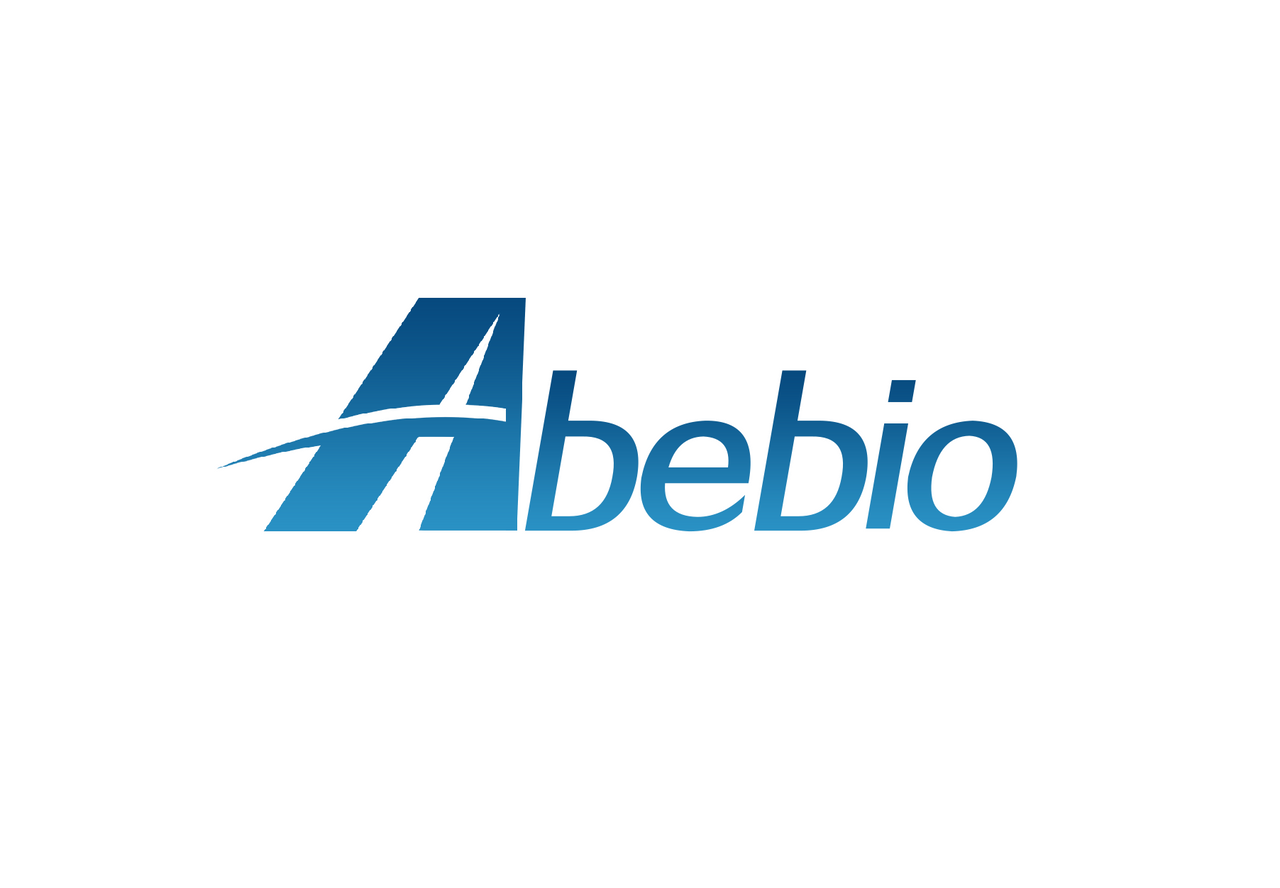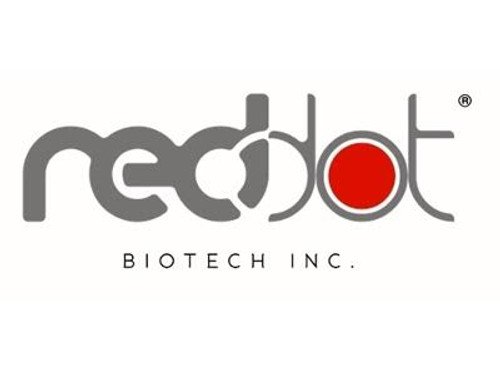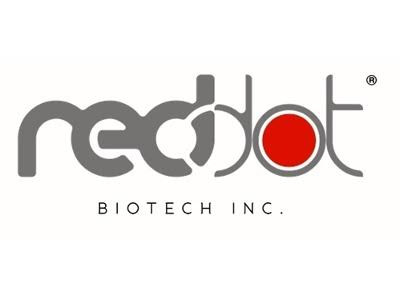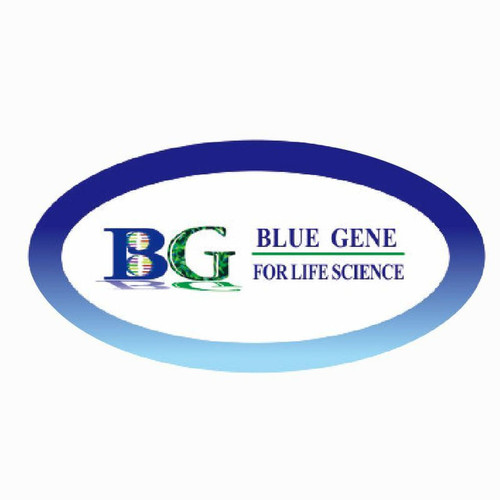Product Description
Human Collagen Type I Alpha 1 (COL1A1) ELISA Kit | AE62783HU | Abebio
Species Reactivity: Human (Homo sapiens)
Abbreviation: COL1A1
Alternative Name: COL-1A1; COL1-A1; COL1A-1; OI4; Collagen Alpha-1 (I) chain
Application: ELISA
Range: 31.25-2000 pg/mL
Sensitivity: 12.1 pg/mL
Intra-Assay: ≤5.6%
Inter-Assay: ≤8.8%
Recovery: 1, 06
Sample Type: Serum, Plasma, Other biological fluids
Detection Method: Sandwich
Analysis Method : Quantitive
Test Principale: This assay employs a two-site sandwich ELISA to quantitate COL1A1 in samples. An antibody specific for COL1A1 has been pre-coated onto a microplate. Standards and samples are pipetted into the wells and anyCOL1A1 present is bound by the immobilized antibody. After removing any unbound substances, a biotin-conjugated antibody specific for COL1A1 is added to the wells. After washing, Streptavidin conjugated Horseradish Peroxidase (HRP) is added to the wells. Following a wash to remove any unbound avidin-enzyme reagent, a substrate solution is added to the wells and color develops in proportion to the amount of COL1A1 bound in the initial step. The color development is stopped and the intensity of the color is measured.
Product Overview: Collagen, type I, alpha 1 is the major component of type I collagen, the fibrillar collagen found in most connective tissues, including cartilage.The COL1A1 gene produces a component of type I collagen, called the pro-alpha1 (I) chain. This chain combines with another pro-alpha1 (I) chain and also with a pro-alpha2 (I) chain (produced by the COL1A2 gene) to make a molecule of type I procollagen. These triple-stranded, rope-like procollagen molecules must be processed by enzymes outside the cell. Once these molecules are processed, they arrange themselves into long, thin fibrils that cross-link to one another in the spaces around cells. The cross-links result in the formation of very strong mature type I collagen fibers.
Stability: The stability of ELISA kit is determined by the loss rate of activity. The loss rate of this kit is less than 5% within the expiration date under appropriate storage condition. The loss rate was determined by accelerated thermal degradation test. Keep the kit at 37°C for 4 and 7 days, and compare O.D.values of the kit kept at 37°C with that of at recommended temperature. (referring from China Biological Products Standard, which was calculated by the Arrhenius equation. For ELISA kit, 4 days storage at 37°C can be considered as 6 months at 2 - 8°C, which means 7 days at 37°C equaling 12 months at 2 - 8°C) .
 Euro
Euro
 USD
USD
 British Pound
British Pound
 NULL
NULL








